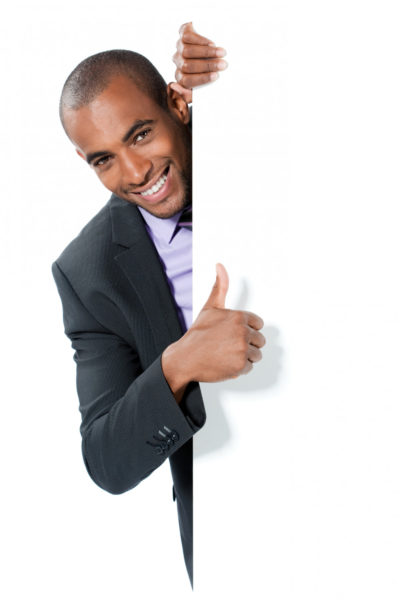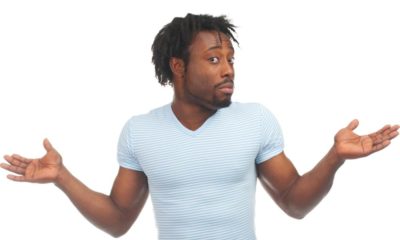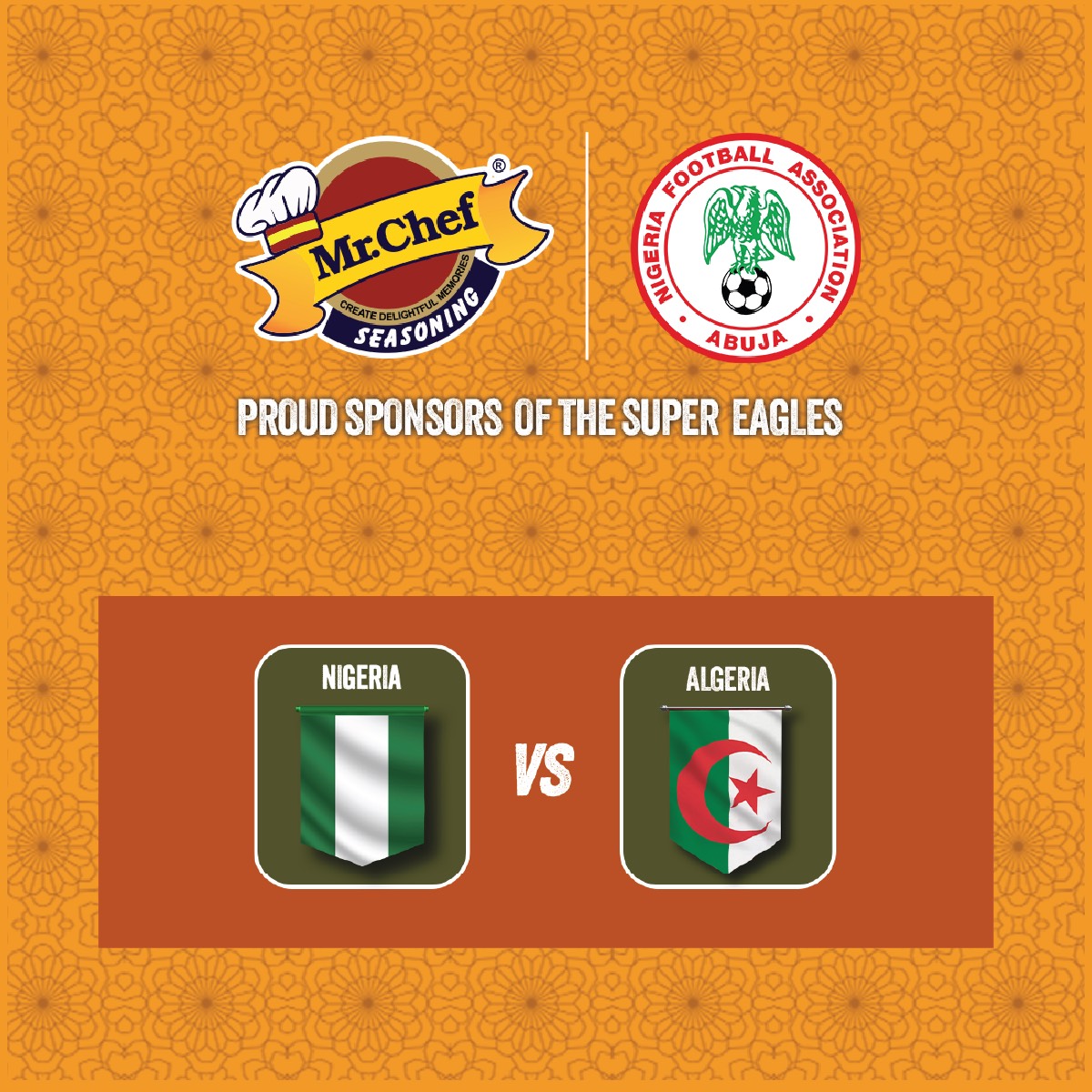Features
Iniobong Umoh: Understanding the Nigerian Millennial
 According to investopedia, a millennial is the name given to the generation born between 1982– 2004. The term “millennial” is used in various fora to discuss and analyze issues relating to this segment of the population.
According to investopedia, a millennial is the name given to the generation born between 1982– 2004. The term “millennial” is used in various fora to discuss and analyze issues relating to this segment of the population.
In Nigeria, a millennial is just a young adult, someone who had reached the adult age in the early 2000’s. By law, the adult age is 18 years. Millennials constitute a huge chunk of Nigeria’s population, and so the online sphere is populated by millennials. They are the most active segment of the online population.
We live in a country where the youths are perpetually regarded as the leaders of tomorrow. Tomorrow never comes for us, hence, our leaders are mostly from the older generation. Millennials love the internet and would kick against anything that seeks to restrict their access to the internet. Just recently, the Nigerian communications commission (Ncc) chaired by an 83 years old man had ordered internet service providers to make an upward review of data prices. This has been met with vehement condemnation by millennials, resulting in a rescinding of the price hike order.
This essay looks set to be a long one, and if it goes beyond one page, it will contravene one of the unwritten laws of the Nigerian millennial class. Nigerian millennials do not like long writeups. An article of more than three paragraphs is considered too long and won’t be read. The millennial processes information in short quick bites and hence the content provider has to figure a way of keeping his message short and at the same time meaningful. A writer writing for the millennial generation has to cut and trim portions of the body of his write up to get the attention of his target audience or else all his effort will end in the reader scrolling past with a shrug while muttering, “too long, didn’t read!”
A member of the older generation interacting with the millennial on the internet would get confused and sometimes would be outraged by the behavior of the Nigerian millennial. He or she would attribute some of the content the millennial puts out online as mere expressions of youthful exuberance that will go away as the millennial ages and maturity sets in.
One thing I have come to realize is that, to understand the millennial, you must imbibe their spirit. You must be interested in what they are interested in.
The active Nigerian millennial online is a huge consumer of the pop culture of his generation. He/she follows celebrities; Hollywood/nollywood stars, musicians, fashion models, sports personalities etc and takes them as role models. The Nigerian millennial is steeped in the group think mentality. He takes the cue from his favorite celebrities and does whatever they do. The fashion trends: the beard gang, trouser sagging, the popular fads: dabbing, mannequin challenge, the sexual active lifestyles: the baby mama concept, the hoes competition and body count accumulation, etc.
He/she speaks the lingua franca of the moment, spicing his conversations and messages with slangs made popular by pop stars like Falz, Phyno, Don Jazzy, Olamide, Tekno, M.i, etc. So listening to a millennial chatting with each other, you would hear lines like; ‘you have joined bad gang’, ‘she is a karashika’, ‘this is not my real face o’, ‘who you epp?’, ‘I am funded’, ‘I get big cassava’, etc.
The millennial is trendy with the latest mobile gadgets, appliances and vehicles. He or she religiously observes the Man crush Monday on facebook and instagram, the Women crush Wednesday and other picture trends.
He or she eats the dishes and snacks that are considered cool and trendy.
When you are developing a material or a product for the millennial class, or you just want them to pay attention to your message, you need to study them. You need to know what type of music they are currently listening to, you need to catch up on the latest celebrity gossip and trends and find a way of incorporating this information into the product you are offering to them, only then would your message/product/service resonate with the largest demographic on the internet.
Not all Nigeria millennials are into the pop culture lifestyle. There are millions of them who are thought leaders and innovators; Young men and women who have blazed a trail for themselves in various areas of human endeavour using creative technologies to excel in business, art and culture, science etc. There is room for expansion of this category.
The Nigerian millennial is unhappy with the older generation. The millennial holds them responsible for destroying the country. Politics and governance does not appeal to the millennial. By my calculation, about 65% of young Nigerians have no interest in “that their thing”- the derisive use when referring to politics and politicians. They do not give a hoot about who governs them and how they are governed. But ironically the major decisions that affect the quality of life of the millennial are being made by the leaders.
That is why state governors can borrow billions of naira every other month mortgaging the future of the millennial and his/her unborn generation, without any show of concern by the millennial. As long as the activities of the leader does not directly interfere with or affect their regular lifestyle, they are okay with their grandfathers contesting and winning political offices every election cycle. But when the policy of the government directly affects the millennial’s lifestyle, he/she would be forced to voice his/her anger as seen in the case of the data price hike. However I must add that with the high rate of penetration of the internet and the emergence of young political opinion leaders on the scene, many Nigerian millennials are gradually showing more than a passing interest in the politics of their country.
While the Millennial may not be all cozy and lovey-dovey with his political leaders, he is in bed with his religious leaders.
The religious leader wields great influence on the millennial, both in the Islamic faith where the words of the Sheikh and imam is law and the Christian faith most especially the Nigerian Pentecostalism movement where the head of the different churches are fondly referred to as Papa and mama and also as Daddy and mummy. These pastors, bishops, reverends, evangelists etc sometimes are feared and respected more than the parents of the millennial. Their word is law and the millennial’s thought patterns and lifestyle are built and wrapped upon the teachings and philosophy of his Spiritual leader. In extreme cases the millennial changes his identity and takes up the identity of the Papa/mama, physically dressing and talking like them.
Members of the older generation are alienated from the millennials and sometimes refer to them as morally deficient materialistic individuals living life on the fast lane, losing values and engaging in philistinism. The older generation fails to realize that they are a mirror reflection of all what is wrong with the millennial class. If Nigeria had not been brought to her knees by corrupt members of the older generation, the millennial would have been assured of a decent life. But he or she can now only listen to the tale of the good old days by grandpa and grandma to get a mental picture of how decent and comfortable life used to be in Nigeria in yesteryears.
So to take his mind off the problems of Nigeria, the millennial goes the way of entertainment; Listening to music and analyzing Kanye West’s latest rant. He watches football matches. The millennial is a diehard supporter of European league football teams and talks endlessly about his favorite clubside.
The millennial loves to laugh a lot. He shares the latest jokes on all his social media pages.
If you are a millennial and you are still reading this piece then you are probably an intellectual because 70% of Nigerian millennials do not have the patience to read up to this point. Many would have skipped this post and moved on to the next post. The Nigerian Millennial class with all their attendant vices and virtues are a vital segment of the population that would determine the future of this country.
Photo Credit: Dreamstime





















